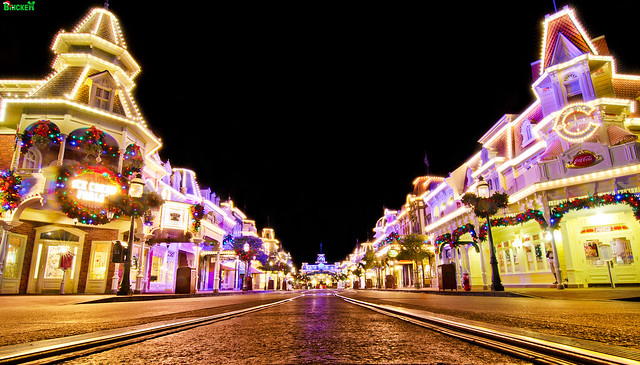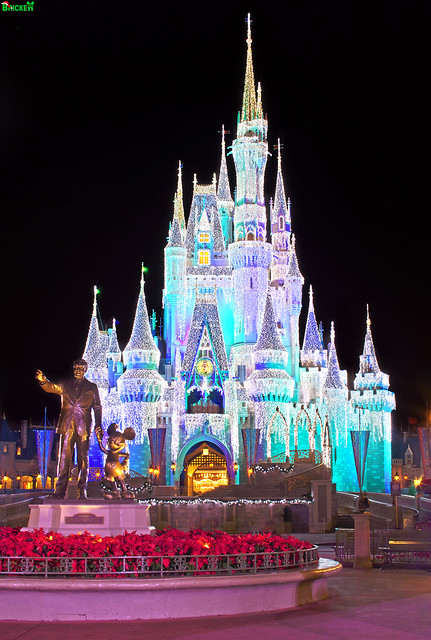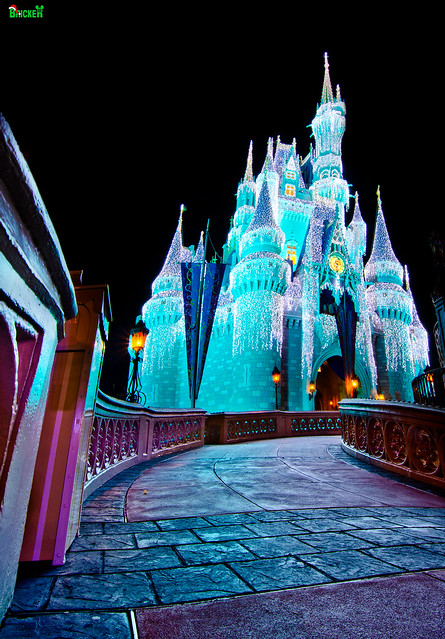Oh a heated topic on most photo forums indeed!!
So I ask of you, do you think its ok to Crop your photos?
Personally..I don't. I think part of the "art" is knowing good composition while taking the shot (rule of 3rds!). Does this mean I never crop? Of course not, sometimes you have to due to elements out of your control, but I think personally no one should rely on it to enhance their final photo.
Thoughts?
So I ask of you, do you think its ok to Crop your photos?
Personally..I don't. I think part of the "art" is knowing good composition while taking the shot (rule of 3rds!). Does this mean I never crop? Of course not, sometimes you have to due to elements out of your control, but I think personally no one should rely on it to enhance their final photo.
Thoughts?



